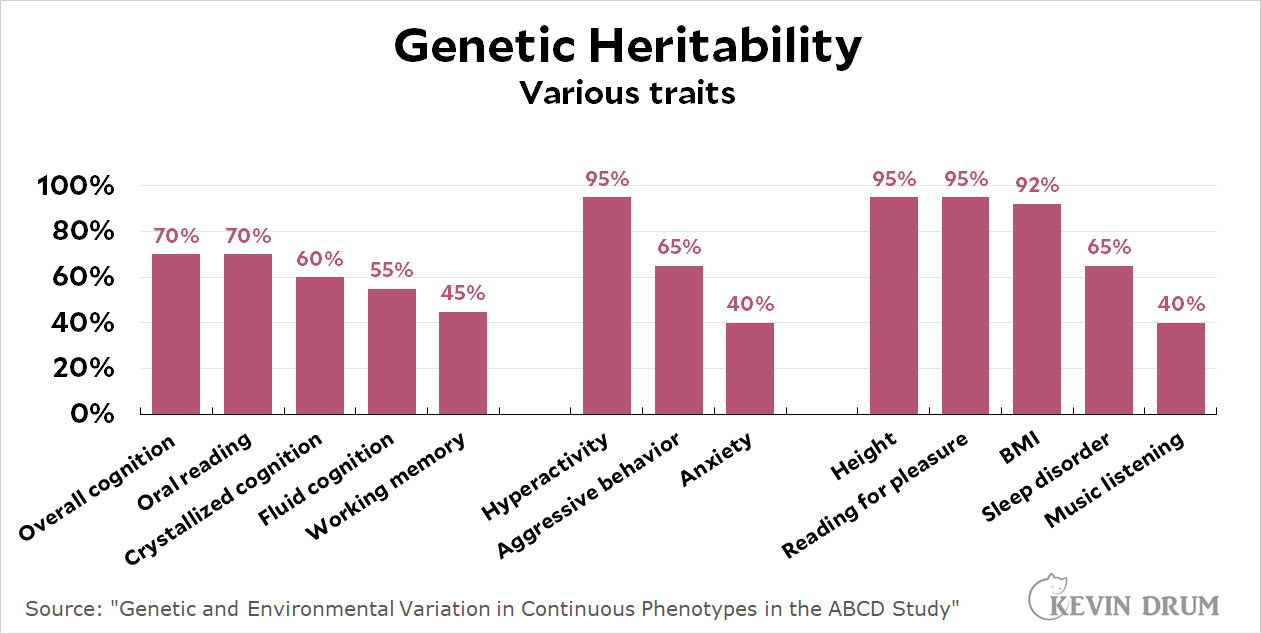Adopted children do tend to have higher rates of social and emotional problems than biological children. But that is because a much higher percentage of children placed up for adoption have suffered various forms of physical and mental trauma prior to adoption. Such as drug and alcohol abuse during pregnancy, poor nutrition and prenatal care, attachment problems, and various forms of neglect/abuse for older infants and children. Children in loving homes are not generally given up for adoption.Josh wrote: ↑Tue Dec 26, 2023 10:35 amBut the facts are clear: children who are adopted have far more problems than children who are not. (Yes, I know that some adopted children don't have problems, and some natural-born children do have problems.)JayP wrote: ↑Tue Dec 26, 2023 9:39 am 1. Adoption tends to be the defining characteristic when it should not be. What I mean by that is if a birth child becomes difficult, say they have a drug problem. If it is a birth child the PROBLEM becomes the focal point. But if they are adopted the focus is first on the adoption characteristic rather than the problem. The same with a physical issue. One of our adopted children had a physical issue (I am being vague on purpose) that fortunately was able to be addressed. The point is children that are NOT adopted have all sorts of possible issues too…. But their birth characteristic is never brought into it.
I don't think (at least in our circles) that the adoption characteristic is the main focus. Oftentimes, people try very hard to try to pretend the adoption characteristic isn't even there. However, after a family churns out every single adopted child having a major social (and often legal) problem, and perhaps they have a natural born child or two that doesn't, the difference becomes painfully obvious.
So while it is true that the adoption process does select for infants/children that have experienced trauma of some sort, there is no evidence that the act of adoption itself generates any of these problems. It just means that children placed up for adoption are more likely to have experienced physical or mental trauma than biological children.
The problem is that many adoptive parents (including many who are conservative Christians) either don't understand this, or think they can "fix" children simply through love, "proper Christian child rearing" and such. And then discover too late that they were wrong.
